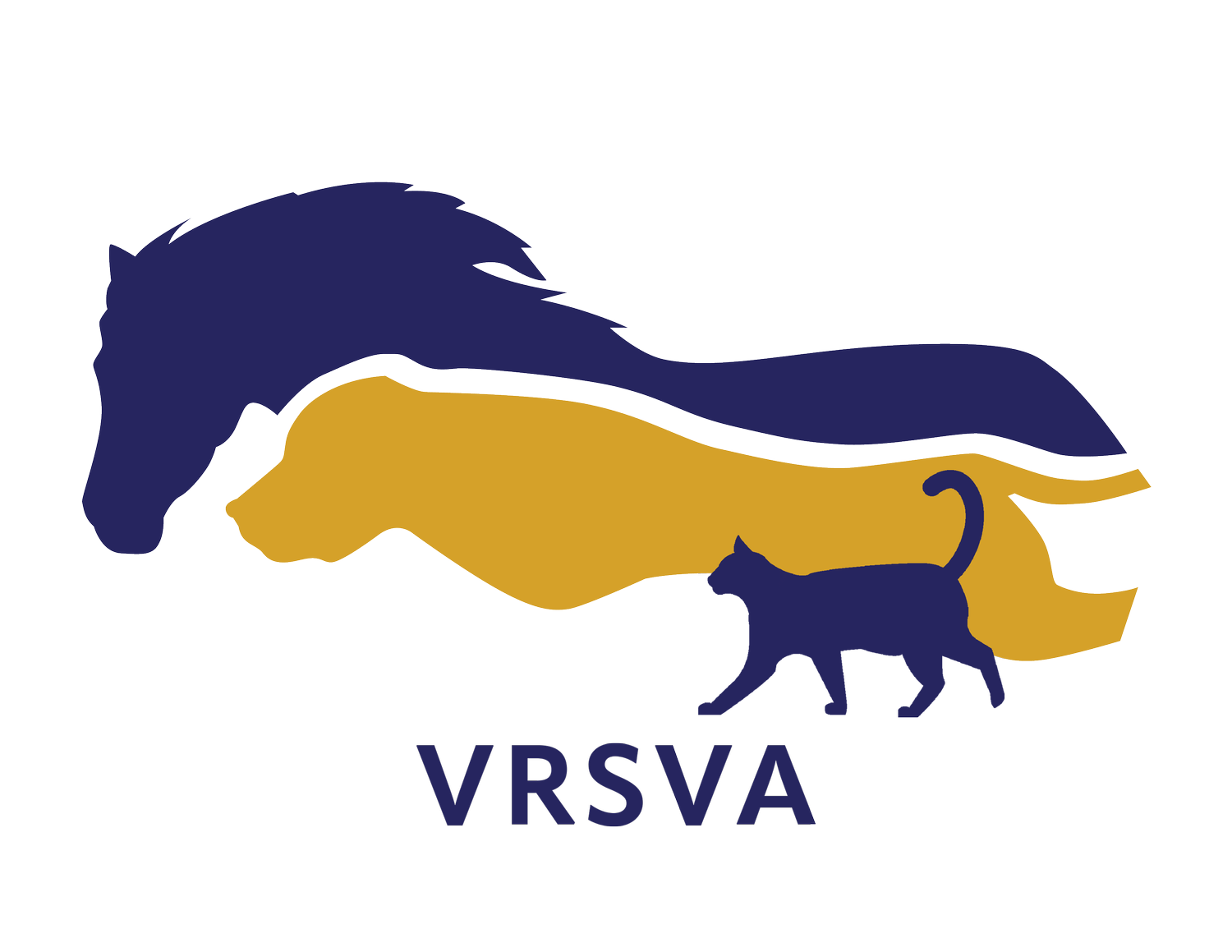Acupuncture for Rehabilitation
Acupuncture is a form of complementary medicine that can play a useful role in an animal’s rehab journey. It is a form of Traditional Chinese Medicine in which specific points on the body are stimulated to achieve specific therapeutic effects.
Acupuncture points are often closely associated with areas containing high levels of nerve endings, small blood vessels and lymphatic vessels compared to other areas on the body. Stimulation of these points causes a local inflammatory response which in turn causes a local immune response, increased blood flow and tissue relaxation. Stimulation of acupuncture points also encourages the release of endorphins, serotonin and other neurotransmitters which can aid in healing and pain relief.
The methods of stimulation can vary, but some of the most common types include:
Dry needling (insertion of dry needles without medication into acupuncture points)
Electro-acupuncture (attachment of electrodes to dry needles to provide mild electrical stimulation at acupuncture points)
Aqua-acupuncture (injection of liquid, usually B12, into acupuncture points)
Hemo-acupuncture (bleeding of acupuncture points)
Pneumo-acupuncture (injection of a small amount of air to stimulate specific acupoints)
Laser stimulation (laser stimulation of acupuncture points)
Acupressure (stimulation of acupuncture points with manual pressure)
In rehabilitative medicine, the applications for acupuncture are endless. Acupuncture has a calming effect which is helpful for animals who may be out of their normal routine. It is particularly useful in musculoskeletal injury as a method of analgesia (pain control), to help relax muscles that tighten in response to injury and to strengthen muscles that tend to atrophy during a period of decreased exercise. Acupuncture also increases the quality and speed of tissue healing by stimulating the body’s own tissue repair process.
In addition to musculoskeletal injuries, we also use acupuncture to improve comfort and encourage healing of ocular (eye) injuries, wounds, neurologic disorders, nerve paralysis, and laminitis. Acupuncture can also improve gastrointestinal motility in our post-operative colics.
Acupuncture is also helpful in the back-to-work stage of rehab. Regular palpation of acupuncture points can help to identify early areas of soreness that may develop as a horse is started back into work. Common areas of soreness during this stage of rehab include stifles, hocks, feet and back. Acupuncture can be used to improve comfort during this stage, to encourage muscle development, and to improve overall performance.
We would be happy to talk to you about how acupuncture may be helpful in your animal’s rehab journey!

